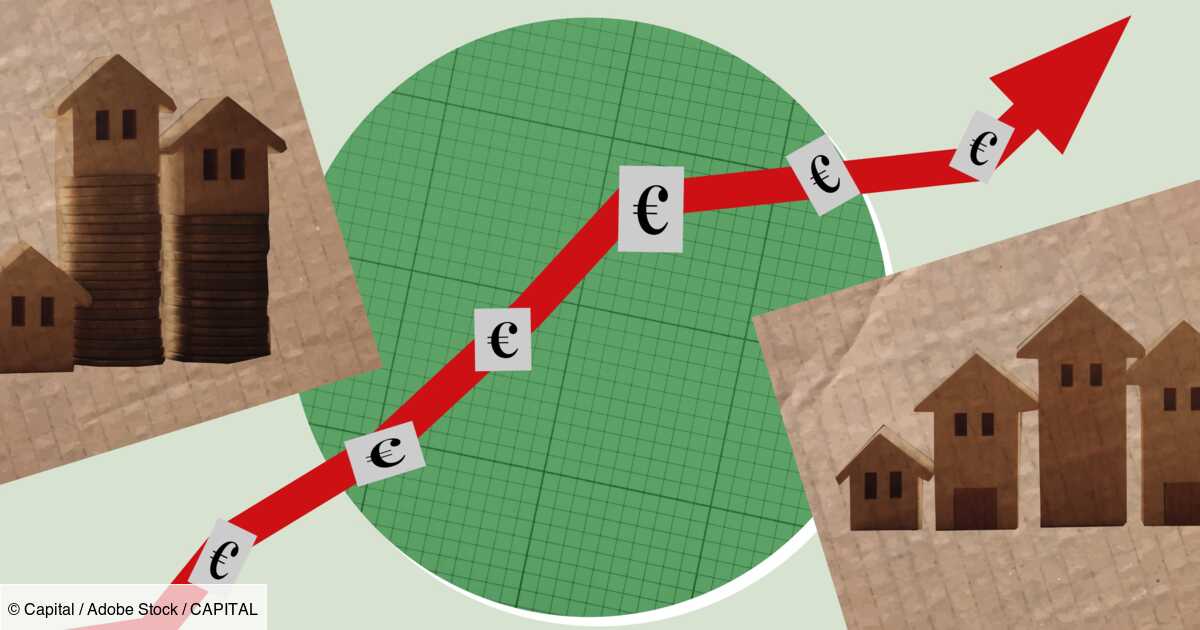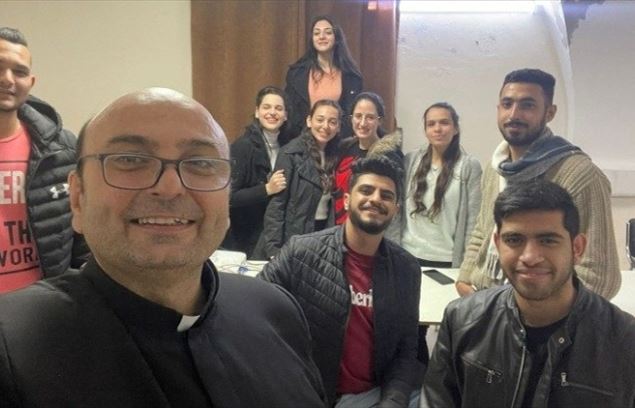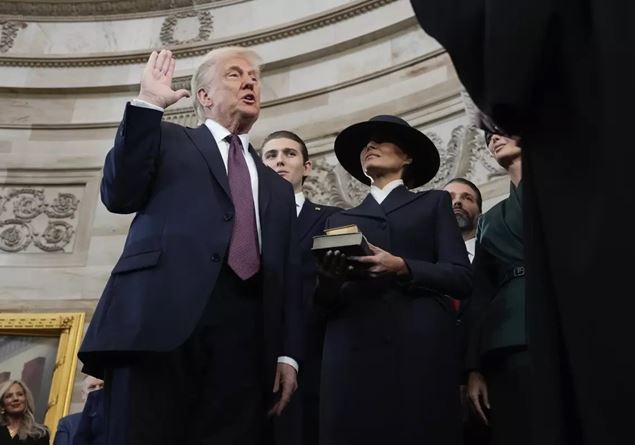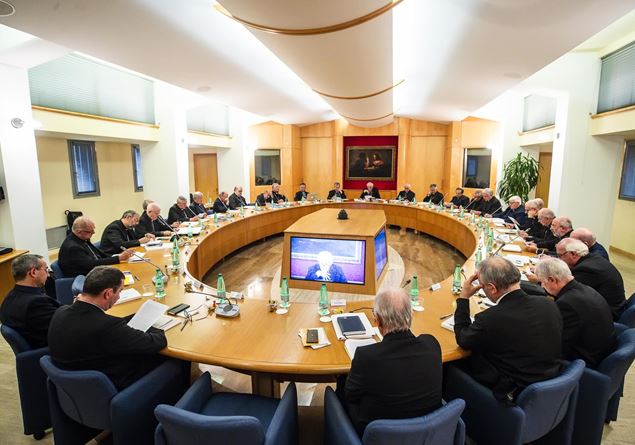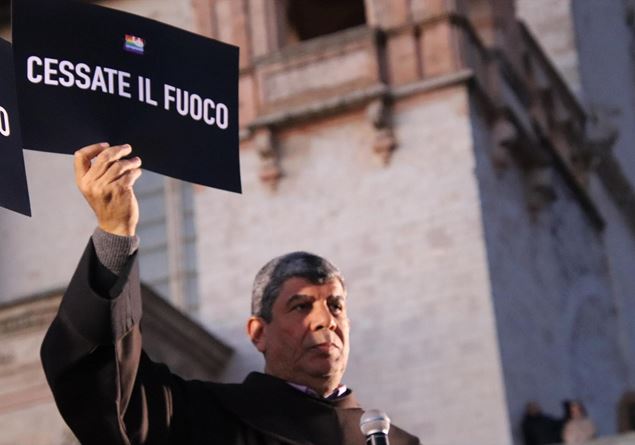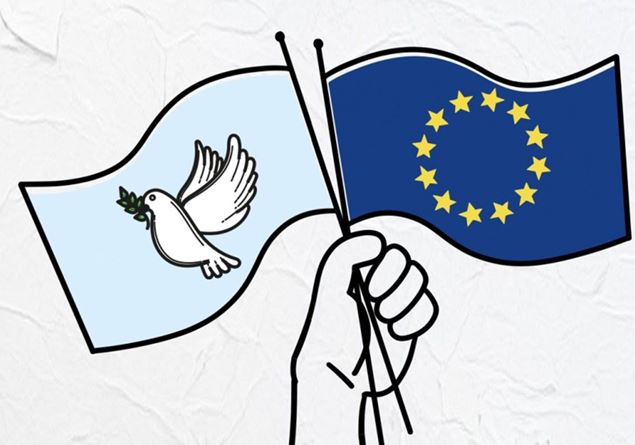
«Please, the poor cannot be a number, they cannot be a problem or worse still a waste. He is our brother, he is flesh of our flesh. And please, let’s not say that the priests and nuns who work with the poor are communists! Please, this is still said.” Pope Francis intervenes in the final meeting of the process which has seen the diocese of Rome question itself, starting from last February, in the footsteps of the Conference on the evils of Rome organized in February 1974. «Rome was a poor and conflictual city and the ’74 conference was one of those milestones that gave shape to diocesan life, calling together all the people, creating a strong ecclesial entity, speaking frankly about the pains of Rome”, recalled Monsignor Baldo Reina, the Pope’s vicar general for the diocese of Rome. In the basilica of San Giovanni in Laterano, also recalling the Council, Paul VI and the tireless work of Don Luigi Di Liegro, the cardinal elect adds that «we could say that in that moment the local, post-conciliar and contemporary Church was born. Many people participated, 320 documents were prepared from the various Roman realities and 740 interventions were made in the five assemblies”. That conference had «the genius of reading Rome with realism and proposed the hope of a different city, above all it showed that one did not have to be inert but could do a lot to change. It seemed right to us to return to that event this year.” Between the end of the Synod and the beginning of the Jubilee «a Church called to bet on the style of synodality and to experience the encounter with the mercy of God to give hope to those who have lost it» can only start again from that meeting « not to look back but to evangelically observe the time we live in” knowing that “many, many, in our city remain behind; it’s as if the rights weren’t fully valid for them.”
He rattles off the numbers Marco Damilano, summarizing the work that the diocese has carried out in recent months. Not without first having referred to chapter 12 of Matthew drawn «in this booklet that Don Luigi Di Liegro gave to us kids at the end of the 1980s, to help us compare our lives with the Gospel», he says, showing the Gospel Book. «Rome is a city of lonely people», denounces the journalist. «Families made up of a single person are 46 percent, in the historic center they are almost 60. The average age is 44.7 years, lowered by those born abroad. Rome is divided between the rich city, which lives in large houses and has the best levels of education, and the poor city, which lives among high unemployment, population density, poor public transport, criminal and mafia networks. Low levels of education are accompanied by limited employment opportunities and low income levels. In the Parioli district there are 8 times as many Tor Cervara graduates”. And again, he adds, «Rome is therein the city of the homeless, the 23,420 homeless and homeless people registered. Migrants, asylum seekers. Prisoners, prostitutes and victims of sexual trafficking, women who have suffered violence followed by Anti-Violence Centers and Shelters. Rome is the largest drug dealing city in Europewhere criminal gangs and mafias converge.” And it is also «the city where politics has collapsed and collapsed. it is the heart of national politics, but it is also the city of democratic desertification, where for years in almost all consultations, administrative or national, less than half of those entitled to vote. In some municipalities, around a third of voters voted in the last European elections on 9 June 2024. And they are the most disadvantaged municipalities on an economic-social level».
And then it is necessary “Mend the rift”, as the slogan of the diocesan Assembly states, and restore trust by rebuilding alliances that put human dignity at the centre, through dialogue and collaboration between different institutions and generations. We must sow hope through concrete works and not to be discouraged in the face of social problems, but to act “with the certainty that the Lord guides history”.
And if on the one hand, he argued Pope Francis at the end of the meeting, «these inequalities pain us, on the other hand it makes us understand how long the road still remains to be covered. Knowing that there are people living on the streets, young people who cannot find a job or a home, the sick and elderly who do not have access to care, young people who sink into drug addictions and in many other ‘modern’ addictions, people marked by mental suffering who live in a state of abandonment or desperation, this cannot be just a statistical fact.” Because these are “faces and stories of our brothers who touch us and ask us: what can we do? Do we see the face of the suffering Christ in the wounded history of these people? Are we capable of seeing this? Do we notice the problem to take charge of it? What can we do together? Having a party to raise money for the poor? There is a lot of hypocrisy.”
Francis asks everyone, the institutions that are in the front row, the parishes, the believers, not to look the other way: «How can we accept that tons of food are thrown away in our city and at the same time there are families who don’t have to eat?», he asks. «I also see this in a restaurant, near the Vatican. Or that there are thousands of empty spaces and thousands of people sleeping on a sidewalk? A city that witnesses these contradictions helplessly is a city torn apart, as is our entire planet.”
